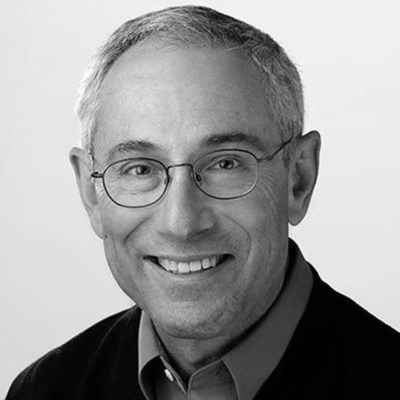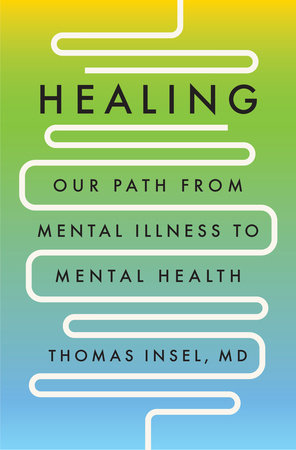
Dr. Thomas Insel explains his campaign to educate the public.
(2-22-22) Dr. Tom Insel’s new book, Healing: Our Path from Mental Illness to Mental Health, is getting a lot of attention. I posted an excerpt from it last week. I asked Dr. Insel why he decided to write it. He explained that his book is part of a broader media campaign to educate and motivate the public – a campaign that includes a PBS special Hiding In Plain Sight: Youth Mental Illness scheduled for release in June. My son, Kevin, was interviewed for this Ken Burns’ documentary, which will feature some of his artwork.
Dear Pete,
Today marks the release of my book, Healing: Our Path from Mental Illness to Mental Health. In one sense, this book started fifteen years ago when I watched Al Gore present An Inconvenient Truth. As I watched him dramatize the data for climate change with the hope of awakening us all to this silent threat, I thought, “Why isn’t someone waking up the nation to our mental health crisis?”
Of course, climate change is an emerging existential threat and mental illness is neither new nor a threat to the planet. But the mental health crisis can be solved. It does not take every nation on earth committing to carbon reduction or transforming our energy infrastructure. It just takes a commitment to solutions that we have in hand.
This is perhaps the greatest tragedy of the mental health crisis. It’s an unforced error.

A tremendous and important read.
We don’t need to incarcerate people for having a brain disorder. We don’t need to accept homelessness for people with psychosis. We don’t need to tolerate increasing deaths of despair.
For virtually every mental illness, we have effective treatments. With early intervention, comprehensive and continuous care, and access to rehabilitative services like supported employment and supportive housing, people with serious mental illness can recover.
I wrote Healing to give hope. That hope comes from the recognition that recovery is possible if we reframe mental health care to include not only the acute reduction of symptoms but a longer-term commitment to the three P’s: people, place, and purpose. I didn’t understand this when I started the book. I was trying to figure out why with so many good treatments, outcomes were not improving. The answer, I conclude, is that the problem is medical – mental illnesses are brain disorders – but the solutions must be much broader – including people (social support), place (housing), and purpose (a mission).
By the end of the book, I realized that just as with An Inconvenient Truth, for mental health we need a new social movement. Awareness of the severity of mental illness is part of this movement. And we need a roadmap: a path from mental illness to mental health. We also need a platform.
With journalist co-founders, I recently launched MindSite News to be the digital publication for this new movement, shining a light on mental health. A social media campaign, #healingahead was created to attract followers. And a documentary by Ken Burns, Hiding in Plain Sight, will be released in June.
There is so much to do. I hope you will join us.
As I say at the end of the book, “Recovery is, after all, not just an outcome for those with an illness. Recovery is a measure of who we are. And the path to recovery is how we heal the soul of our nation.”



